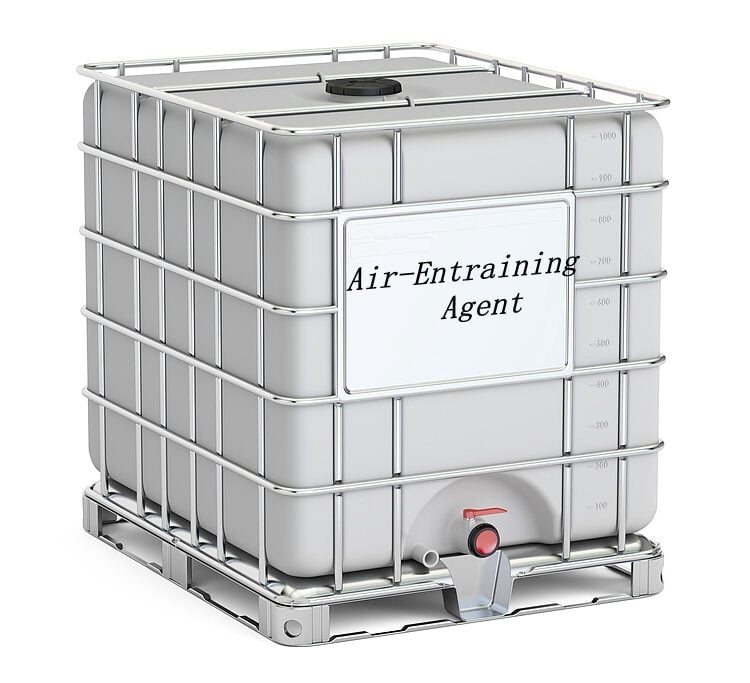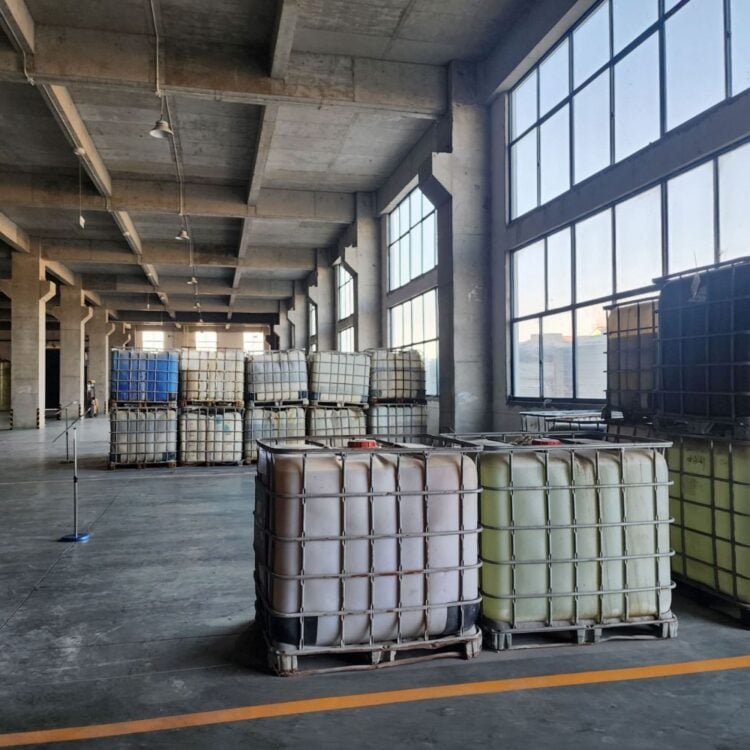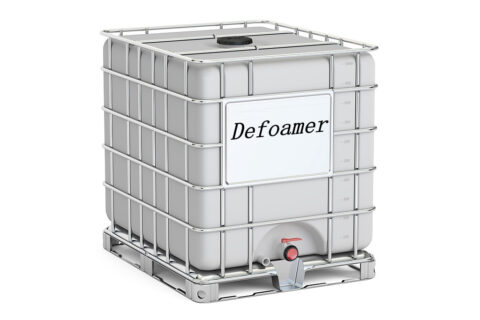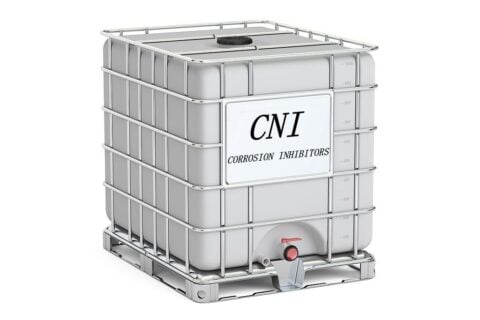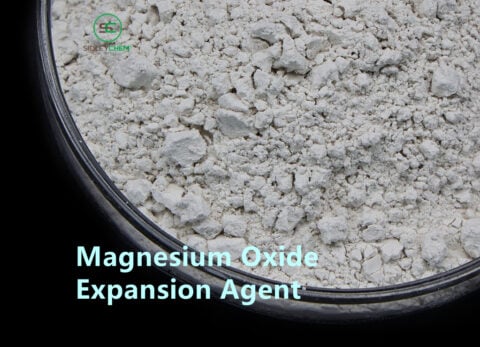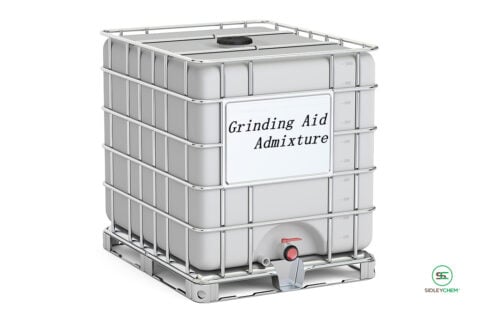Air-entraining agents entrain air into concrete mixtures to meet project specifications and develop a stable air-void system to improve durability of the concrete. SIDLEYAir admixtures facilitate the development of a stable air-void system to provide increased resistance to deterioration from cyclic freezing and thawing exposure conditions. These products also reduce segregation and bleeding and improve plastic concrete workability and cohesiveness, facilitating placement.
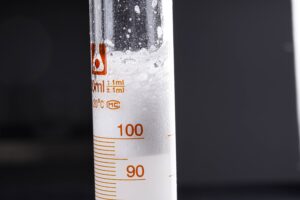
| Product | Dosage | Benchmarking products | Product description |
| AE180P | 5-400mls/m3 | Modified Sodium dodecyl benzene sulfonate | |
| AE185L | 20-400mls/m3 | Rosin oligomer | |
| AE190P | 30-400mls/m3 | Triterpenoid saponin | |
| AE195L | 50-600mls/m3 | Synthetic polyether | |
| Finish200 | 10-300 mL/100 kg cement | Masterfinish 790 | Synthetic based AEA, controlled air entrainment, high quality air void system, improved concrete density and surface finish,for SCC or low-viscosity concrete |
| LWC10 | 0.02~0.10 % by weight of stucco | GYP 3110 | It is an aqueous solution based on sodium alkyl sulfate. It is used in gypsum wallboards. |
| LWC30 | 0.02~0.10 % by weight of stucco | GYP 3711 | It is typically used in gypsum wallboards. It is designed to generate mid-coarse bubble to achieve light weight gypsum wallboard, which bring customer the benefits such as: to reduce raw material cost, easy installation of gypsum wallboard, and low transportation cost so on. |
Purpose and Benefits of Air-Entraining:
- Improves Resistance to Freeze-Thaw Cycles: Air bubbles create space for the expansion of water as it freezes, reducing internal stresses and preventing cracking.
- Enhances Workability: The presence of air bubbles improves the fluidity of the mix, making it easier to place and finish.
- Reduces Permeability: Air entrainment helps in closing the pores and reducing the permeability of concrete, which enhances durability against ingress of aggressive chemicals.
- Improve pumping performance: Using air-entraining admixtures can positively influence the pumping performance of concrete.
- Improves Shock Resistance: Air-entrained concrete can better withstand impacts and vibrations.

